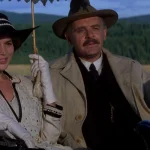Kingdom of Heaven (2005)
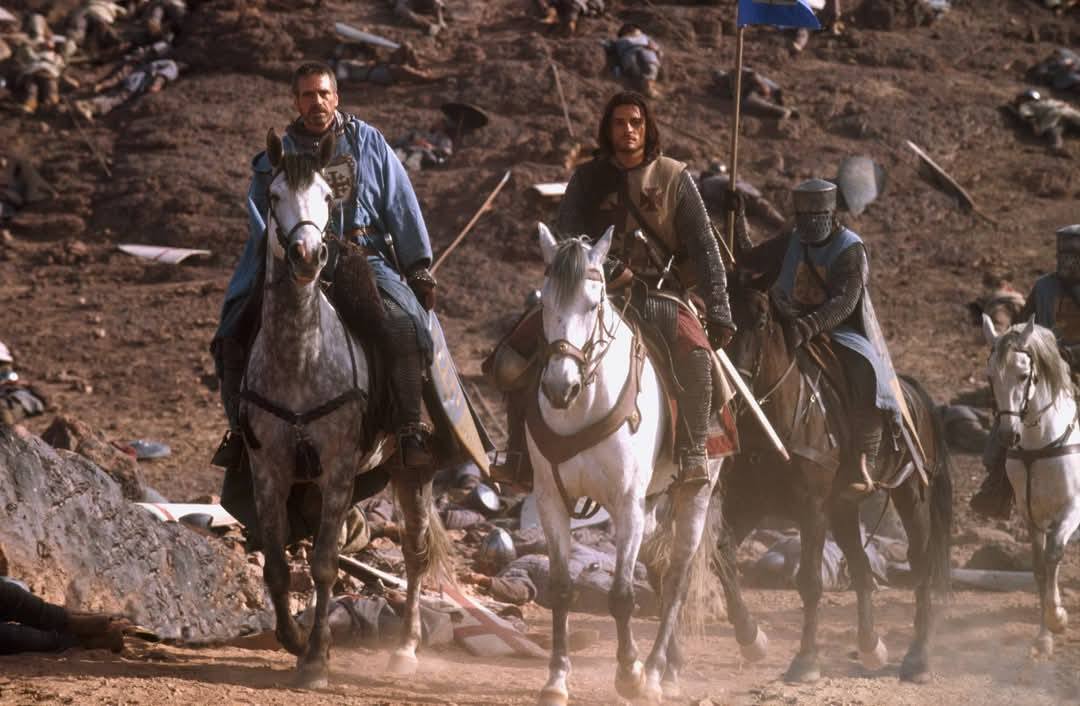
“Kingdom of Heaven” (2005) is an epic historical drama film directed by Ridley Scott and written by William Monahan. The film is set during the 12th century amidst the Crusades—a series of religious wars sanctioned by the Latin Church in the medieval period. It stars Orlando Bloom as the protagonist, Balian of Ibelin, a French blacksmith who becomes a knight and defends the city of Jerusalem against the Muslims led by Saladin.
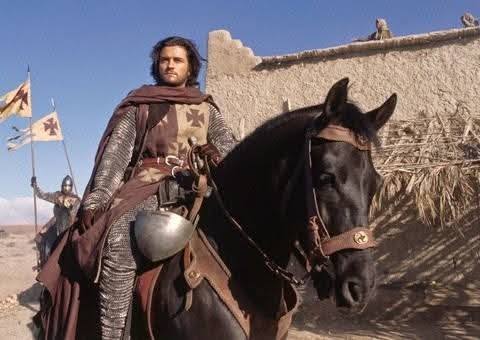
The story begins with Balian mourning the loss of his wife and child. He discovers that his father is a nobleman, Baron Godfrey of Ibelin, played by Liam Neeson, who invites him to join the Crusade in the Holy Land. Following his father’s death, Balian inherits his lands in Jerusalem and takes on the mantle of protecting the kingdom and its people of diverse faiths. The film explores the moral complexities and brutal realities of the Crusades, focusing on themes of honor, leadership, and the quest for peace in a war-torn land.

Cast and Characters: Apart from Orlando Bloom and Liam Neeson, the film features an ensemble cast including Eva Green as Princess Sibylla, Jeremy Irons as Tiberias, and Ghassan Massoud as Saladin.
Historical and Cultural Context: The film aims to depict the religious and cultural conflicts of the Crusades, although it has been criticized for historical inaccuracies and its portrayal of complex historical figures and events.
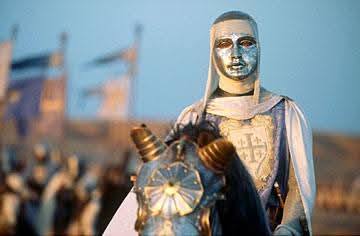
Visuals and Production: Ridley Scott’s direction brings the medieval world to life with grand set pieces and battle scenes. The visual style and production design are meticulously crafted to create an immersive historical experience.
Themes: The film delves into the ethics of war, leadership, and coexistence among different religious groups. It portrays its protagonist, Balian, as a man of conscience and peace in contrast to the often brutal and fanatical leaders on both sides of the conflict.
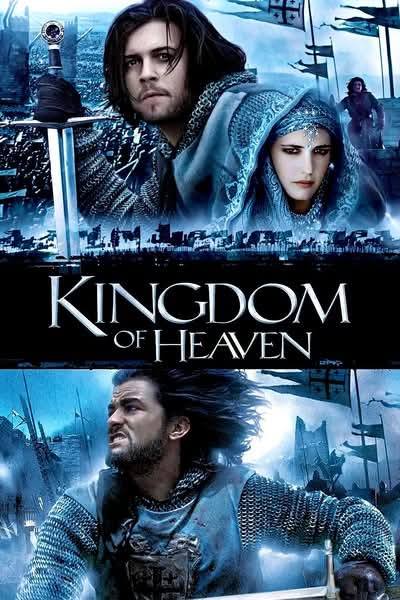
“Kingdom of Heaven” received mixed reviews from critics, with some praising its ambitious scope and visuals, while others critiqued its pacing and depth of character development. However, the Director’s Cut of the film, which includes additional footage and development of plot and character, has been received much more positively, with many considering it a significant improvement over the theatrical release.
The film is notable for its attempt to handle a sensitive and complex period in history, and despite its mixed reviews, it provides a visually striking and thought-provoking portrayal of a pivotal time in the history of the Middle East and Western Europe.








